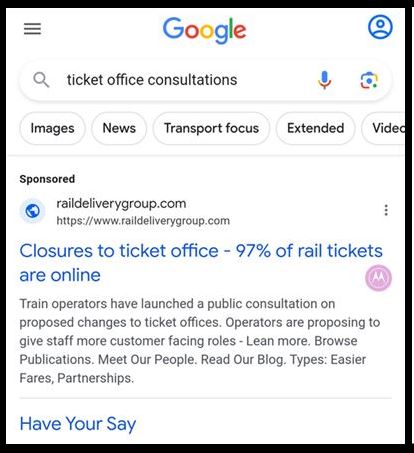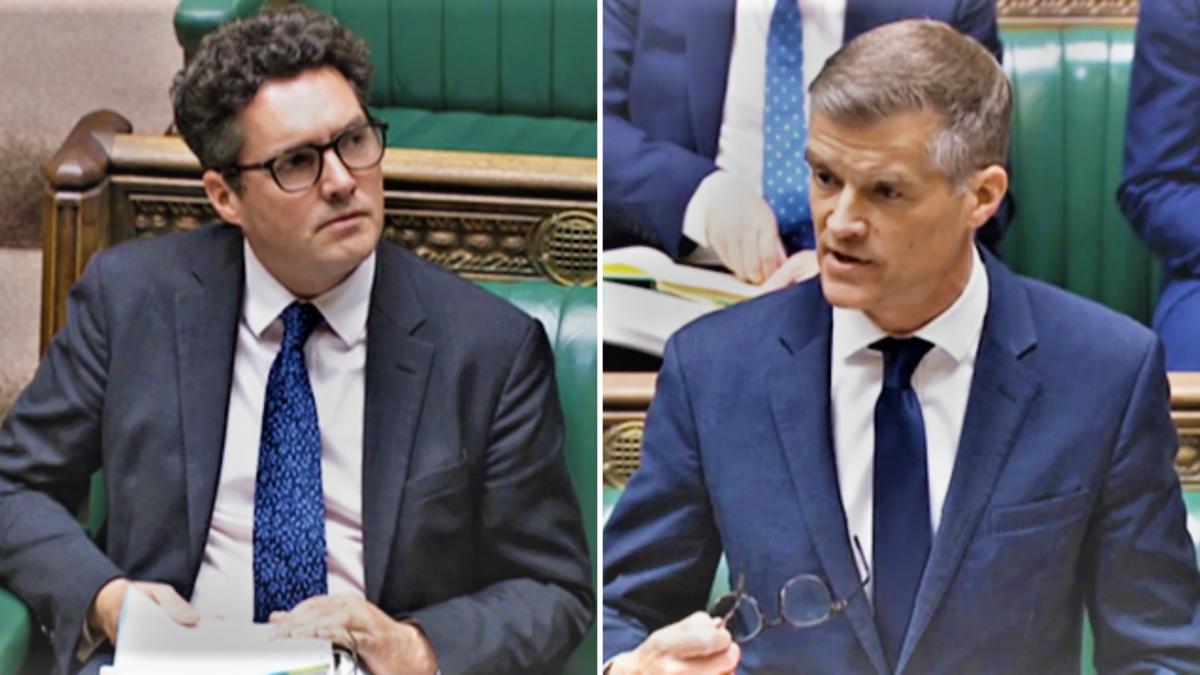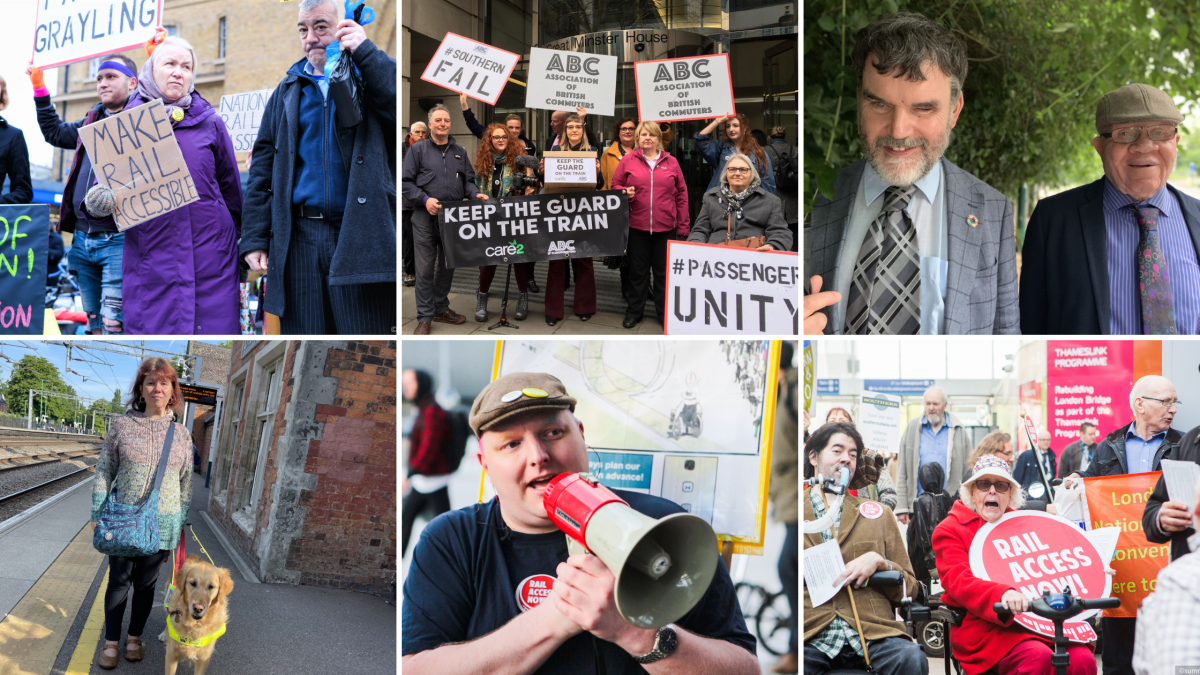Our new data project, based on 82 of the busiest stations in South East England, finds that if ticket offices are closed, Londoners will have to pay much more to take day trips outside the city – often double or even triple the price to destinations very close to the TfL boundary.
This is because of the expected withdrawal of special ‘boundary fare’ prices, which are only guaranteed to be available at ticket offices – and not on the major online platforms, nor most ticket vending machines. All Freedom Pass and London Travelcard holders are entitled to these lower prices, because their pass already covers their travel within the TfL boundary. So, anyone in this situation who purchases a full-price National Rail return is already paying much more than they have to.
Our findings include price hikes of up to 190% for an off-peak day return to Dartford, and 243% for a peak-time day return to Epsom, Surrey. The effective removal of these fares from purchase has huge equality and consumer rights implications. Once again, the biggest impacts will fall on the Londoners on the lowest incomes, especially older and disabled people holding ‘Freedom Passes.’
Boundary fares are not widely advertised, and neither National Rail Enquiries nor Trainline offers this as a search option, despite providing this for all the other main railcards, including regionally specific ones. (This issue has become so controversial that rail industry is already undergoing a multi-million pound class action for its concealment of boundary fares, in breach of consumer rights and competition law.)
Results of the boundary fares data project
Our survey covers 82 of the busiest stations in the South East selected according to the highest footfall station in each parliamentary constituency. This is the South East region as defined by ORR on their station information page, covering all of Kent, Surrey, East and West Sussex, Hampshire, Buckinghamshire, Berkshire, and parts of Oxfordshire and Hertfordshire. The relevant train operators are Govia Thameslink, Southeastern, Chiltern, Great Western and South Western and London North Western. Ticket prices were collected across the two main day return ticket types – Off Peak Day Return (CDR) and Anytime Day Return (SDR). The data compares the National Rail Enquiries price on these tickets with their, much cheaper, boundary fare option, sourced from brfares.com
See the Top Ten worst examples in both off-peak and peak tickets below, and the full data for the 82 stations can be downloaded here.

The impact of fare hikes on all Londoners
The aim of our research is to highlight that the fight against the closure of ticket offices should be a key concern for every region. In London’s case, the stealth removal of boundary fares is the perfect example of how ticket office closures mean equality law and consumer rights breaches affecting every demographic.
In this case, once again, we see the disproportionate impact fall on older and disabled people, who as residents of London boroughs, are entitled to a freedom pass, covering off-peak, and peak travel respectively. The price hike in most of our findings is so severe as to present an insurmountable barrier to travel for some of the lowest income groups, also restricting access to cash purchase.
It will reduce access to leisure travel, and employment (especially self-employment), and the care work and support that so many people on low incomes provide for their families living outside the city (for example, grandchildren and older relatives). In this sense, the removal of boundary fares will affect even non-users of rail – and in all of the most vulnerable and low income demographics.
The price hikes will also affect all London Travelcard holders (whether weekly, monthly or annual), which could include anyone regularly working or travelling in the city, as well as tourists to London. This creates huge cost barriers to travel for everyone, with the heaviest impacts falling on Londoners on the lowest incomes; and discouraging use of the mainline railway for those who want to travel more in future, which may be essential to their employment and wellbeing.
Urgent questions to protect passengers
1) Increased costs and risk of £100 penalty fare
Freedom Pass and London Travelcard holders will also be subject to an increased threat from the new £100 penalty fare, hiked from £20 in January this year. We asked the Rail Delivery Group how passengers can still buy these tickets, how they can get the difference refunded if forced to buy a more expensive ticket, and how they can defend themselves if challenged by a ticket inspector with an unjust penalty fare.
However, the RDG failed to provide a solution to any of these problems. Neither the industry pledge that “customers will never have to travel out of their way to buy tickets”, nor their following claim, have any basis in reality.
“…in rare cases where customers are unable to buy the ticket they need at a station, they would be able to buy on their journey, at a ticket selling facility en-route or at their end destination. Across the network as a whole, many ticket retailing facilities will remain open at busy interchanges, smoothing the transition.”
In fact, the operators around Greater London include the six operators running driver-only trains on many lines, preventing ticket purchase onboard. If the closure plans go forward, it is unlikely there will be a ticket office at the journey’s endpoint either, so the Rail Delivery Group is actively suggesting here that people should break their journey unnecessarily to buy a ticket, or travel out of their way to buy one.
2) Boundary fare prices unavailable online or at most ticket machines
Boundary fares are unavailable online or at most ticket vending machines, so many passengers require assistance, or advice, from ticket office clerks even to access these fares. We asked the Rail Delivery Group to say whether they had any plans to make these tickets available on online retailing platforms, such as their own platform National Rail Enquiries, or Trainline. This could easily be added as a search function, where many regional and disabled people’s railcards are already listed.
The Rail Delivery Group refused to respond to this question but said:
“An estimated 99% of all transactions made at ticket offices last year can be made at Ticket Vending Machines (TVMs) or online. Where needed, TVMs across the network will be upgraded to sell a greater range of tickets…Across the network as a whole, there will be more staff available to give face to face help to customers out in stations than there are today.”
This statement is highly misleading. Firstly, the claim of 99%, which we note the Rail Delivery Group is now advertising as 97% as part of their extensive Google ads campaign linking to the consultation. It is currently impossible to trust their figures, but if 97% is accurate, this still leaves 3% of 55 million fare types.

The situation is even worse for ticket vending machines, where 18%, or 1 in 5 tickets purchased by passengers are currently unavailable. The unavailable tickets will of course include many of the cheaper fare options, as these are the ones most dependant on personalized advice from ticket office staff, due to the labyrinthine fares system.
Finally, as we argued in our recent expert letter on ticket office closures, any RDG commitments on staffing, ticket retail upgrades – or indeed any kind of future plans – have no regulatory or contractual basis.
For more information, contact@abcommuters.com
This post was updated on 24.08.2023. to add a screenshot of the Rail Delivery Group’s Sponsored Google Ad.













